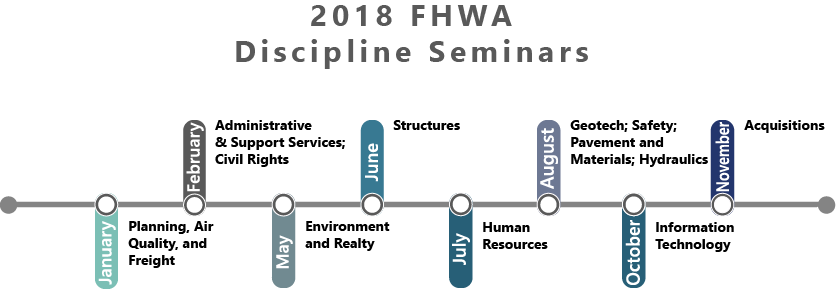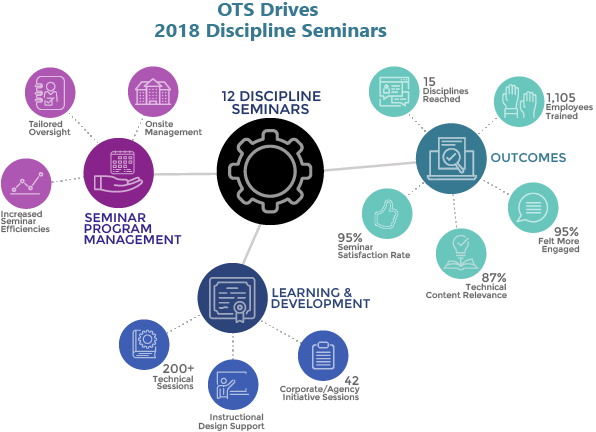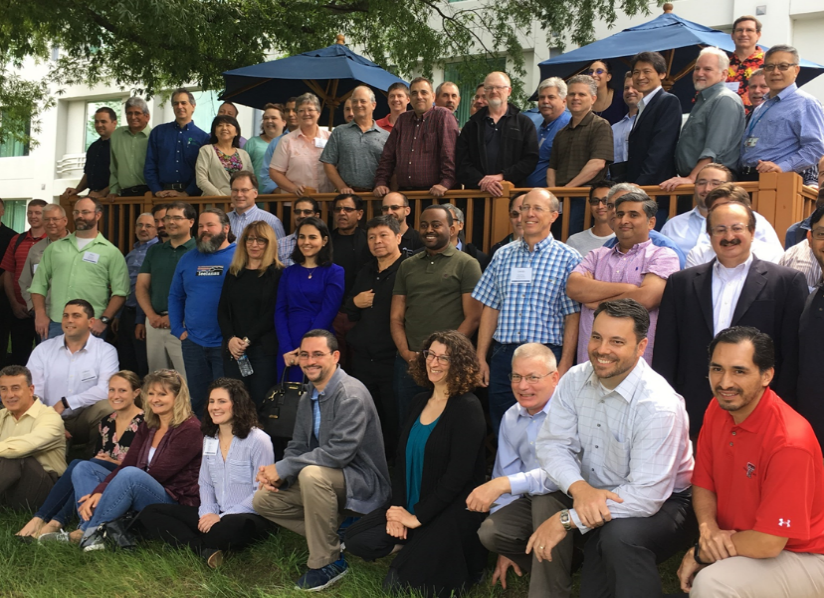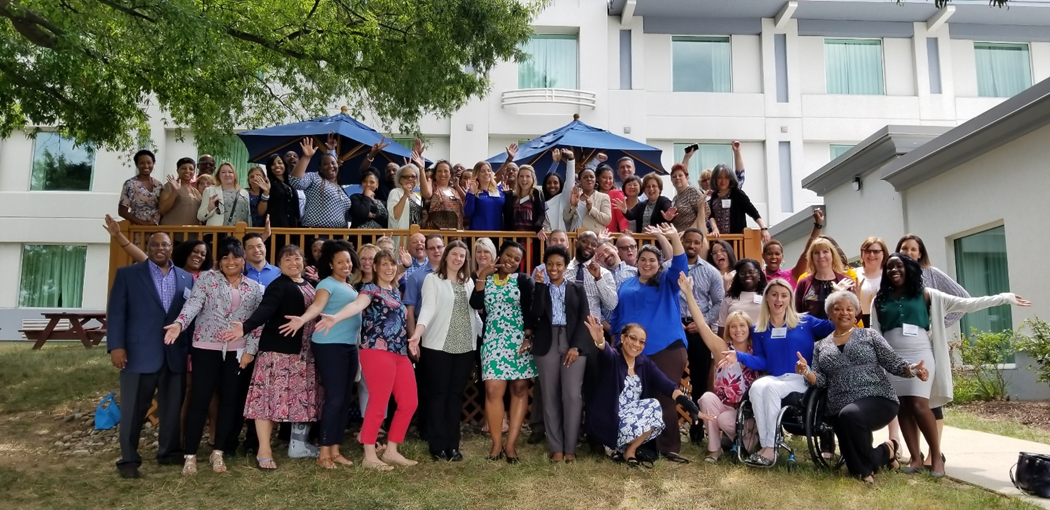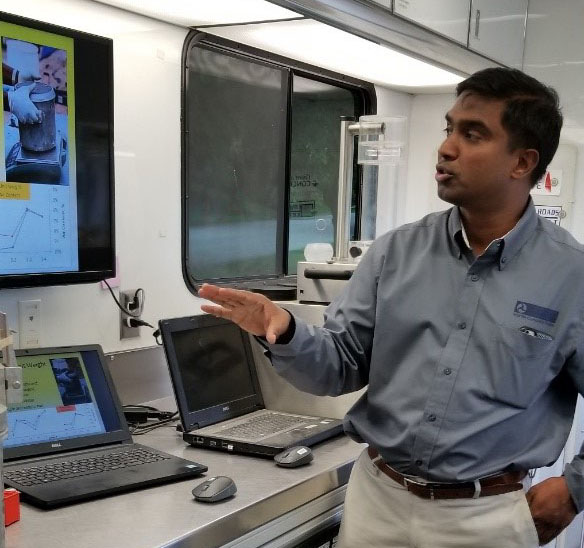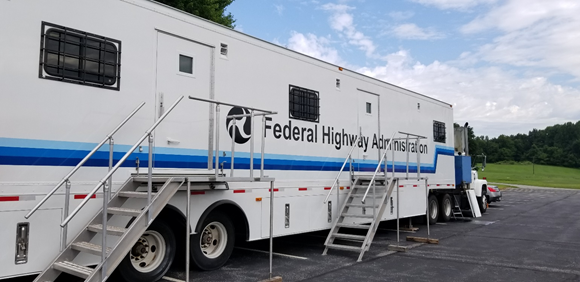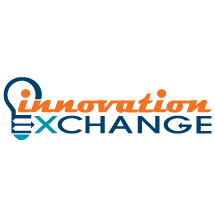Discipline Seminars Deliver Technical Learning and Professional Development
In 2018, FHWA staff in 15 disciplines attended multi-day Learning and Development seminars. OTS staff were integral in bringing these seminars to fruition – on both the programmatic and technical sides.
The KM unit planned, organized and managed the seminar program. Most of the seminars were single-discipline focused, while others combined more than one discipline to help bridge similar technical areas and encourage collaboration across related disciplines. These in-person conferences provided in-depth technical training, career development and professional skills building to more than 1,100 FHWA employees. In their project management role, KM staff refocused the seminar program to provide smooth operations and more successful delivery of training. KM specialists designed budget and program plans for each seminar; researched and contracted venues; handled registration, logistics, and communications; provided onsite management; created legacy capture videos; conducted evaluations; and ensured that FHWA employees attending the seminars could take advantage of the best possible learning environment.
For eight of the Learning and Development Seminars, RC specialists led the development of training materials and technical content—at times partnering with FHWA staff in HQ Program Offices, Turner-Fairbank Highway Research Center, Federal Lands Highway and Divisions. As champions for many of the agency’s individual disciplines, RC leadership provided the framework and strategic direction for the topics addressed at each seminar. RC specialists then developed tailored training material, interactive approaches, hands-on exercises and “flipped” learning approaches (in several cases). Many RC teams also worked diligently to improve the content and approach for the seminar’s training materials based on participant feedback from prior L&D sessions. This included a dedicated focus on developing training content that was at least at an intermediate level of training and offered significant time for peer dialogue. At the seminars, RC staff delivered and facilitated more than 70 training sessions, with noteworthy instructor scores. RC teams also led the development, dissemination and analysis of evaluations for specific technical tracks at each seminar. This information, combined with other participant feedback, is now being used to prioritize specific professional capacity building strategies that each discipline will undertake in coming years.
Participant evaluations showed that the seminars were highly successful, and that attendees were better equipped to do their jobs after attending the seminar. More than 95% of attendees were satisfied or extremely satisfied with their seminar, and 87% indicated the material covered in the seminar sessions would help them do their jobs.
